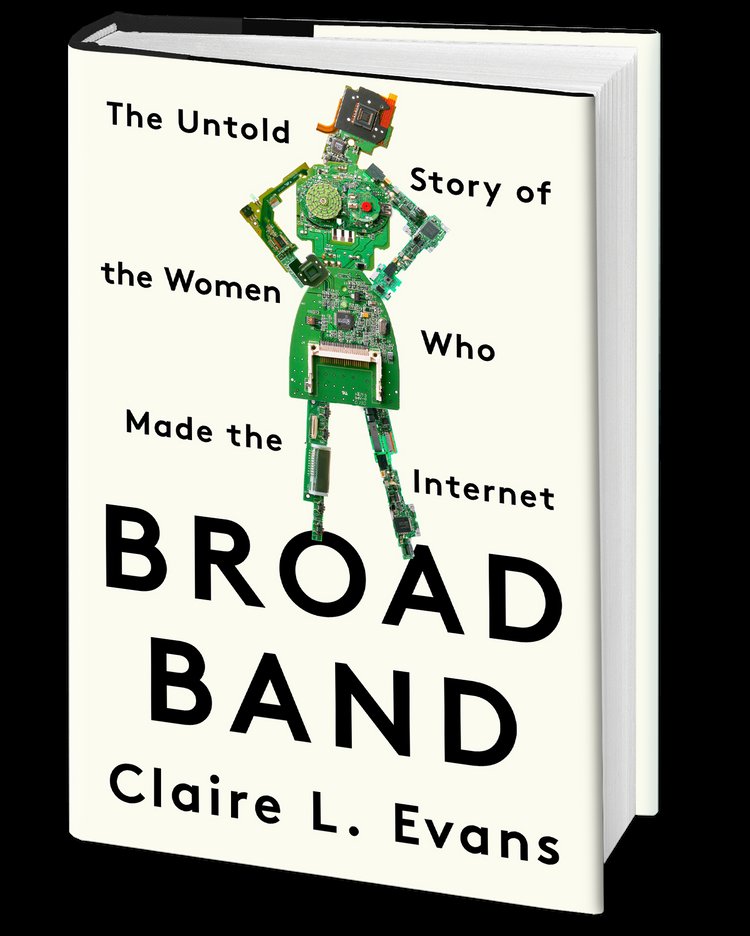
Back in the early 2010s, people started falling into open sewer entrances in New York City and other large metros - because a China-driven spike in the price of scrap metal, combined with post-2008 unemployment, gave rise to an army of metal-thieves.
reuters.com/article/instan…
1/
reuters.com/article/instan…
1/

A decade later, there's a new precarity- and bubble-fuelled metal-theft epidemic: stealing catalytic converters out of parked cars to harvest their palladium and rhodium for re-use in the global auto-sector, which is facing strict emissions controls.
nytimes.com/2021/02/09/cli…
2/
nytimes.com/2021/02/09/cli…
2/
Palladium and rhodium prices are soaring: palladium is up from $500/oz in 2016 to $2000-$2500/oz; rhodium rose from $640/oz to $21,900/oz (!). This puts a serious dent in auto profits - in 2019, the industry spent an extra $18b on metals (it was higher in 2020).
3/
3/
2021 will see the auto industry buying $40b worth of catalytic converter metals, and this has driven a secondary market where scrappers are using targeted ads exhorting people to bring in old converters for recycling.
4/
4/
Catalytic converters are pretty easy to harvest from cars: it just takes a few minutes' work under the car to detach a compact, fungible source of wealth, and even if your state has rules requiring ID to make the sale, chances are the next state over doesn't.
5/
5/
In the @nytimes, @HirokoTabuchi talks to people at the center of the phenomenon, like the tow-yard operator who deflates the tires of cars "so they can’t slither underneath" and who has had to repeatedly tow the same vehicle after it had it converter stolen and re-stolen.
6/
6/
Converters can be sold to scrappers by mail, and you can learn how to boost one in any of several Youtube videos. Cops suggest engraving your VIN into your converter, and people are homebrewing CC armor.
Image: Endless
endless.co.nz
eof/
Image: Endless
endless.co.nz
eof/
ETA - if you'd like to read or share this thread as a blog post, here's a permalink on my pluaralistic.net blog, which is free from surveillance, ads and trackers:
pluralistic.net/2021/02/11/rho…
pluralistic.net/2021/02/11/rho…
• • •
Missing some Tweet in this thread? You can try to
force a refresh








